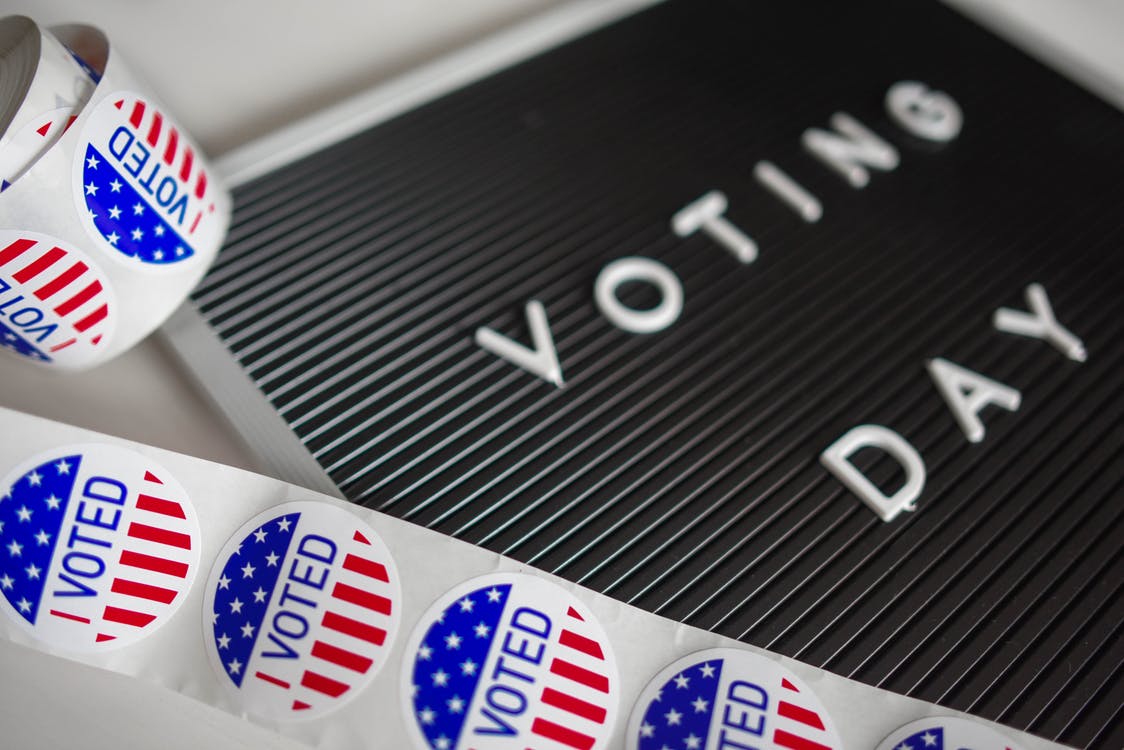2020 has been a very turbulent year and it is not finished yet. From the very beginning, things like killing the top Iranian general, wildfires and the most annoying one – the coronavirus pandemic took place. The latter especially caused a lot of disturbance and changed the life we knew before 2020 drastically.
Despite numerous backsliding and bad things that took place in the world this year, we can still mention several political victories that have been notable. In this article we will talk about 3 of them.
Washington legalizes sports betting
One of the most notable moments this year has been the legalization of sports in the US state of Washington. This became known in March, when Washington’s governor Jay Inslee signed Law 2638, approved by the Senate earlier.
According to the contents of the document, the reception of sports betting will be organized in the casino in the Indian reservations. It will be possible to make a bet only being directly in the gambling establishment.
The law also contains a provision that a referendum is not required to start accepting rates, in which 60 per cent of the voters would have to vote for legalization.
Washington became the first U.S. state to legalize betting in 2020, but it won’t be able to launch them any time soon. The vast majority of the country’s casinos are closed due to the coronavirus pandemic. The legalization unfortunately does not concern online betting and live dealer casino opportunities are still restricted for customers. However there are hopes that everything will be available in future. The United States simply does not have time for this because of the pandemic.
We can also remember that the state considered two more bills on the legalization of sports betting.
Australia’s and New Zealand’s handling of Covid-19
While the pandemic surrounded the whole world, Australia and New Zealand were able to deal effectively with the coronavirus because of a set of measures that other countries have been late in implementing.
Experts note that the situation in these states was influenced by quick decisions on strict isolation, proper compliance with internal rules by the population and its extensive testing on Covid-19. In addition, it was noted that New Zealand used scientific and expert developments in political decision-making, and the Prime Minister, Jacinda Ardern, has had a high level of public confidence.
Both countries have been working since late January and early February to contain the spread of the virus. For example, Australia and New Zealand were quick to decide to close their borders. Experts stress that measures aimed at reducing social contacts have played a special role. Thus, social activity decreased almost instantly, in some respects – by more than 90 percent in comparison with the usual way of life.
Countries have also implemented extensive measures to track the contact of people who have contracted the virus. Such people were obliged to go through a period of isolation from society. Despite the major successes in the fight against the pandemic, Australia and New Zealand had some signs of the second wave, but nothing too serious.
Earlier, Australian authorities have named an illegal informal meeting of doctors as a possible cause of the explosive spread of coronavirus. Against a backdrop of low rates across the country, the outbreak occurred in only one location in Tasmania, exactly where it was held.
Putin’s “political victory”
Vladimir Putin has been in the spotlight of Russian politics for almost 20 years. It could look bizarre to label this as a political victory, but it is clearly beneficial for the president of Russia.
According to the decision in January, Russia ceases to be a super-presidential republic and becomes just a presidential one. Accordingly, the president will not only be able to stay in power for a maximum of 12 years, but also must share the prerogatives of forming a government with the parliament. But the question of Putin’s future place in the political system remains open.
The expansion of the powers of parliament should not be taken seriously. It is difficult to imagine Russian MPs who would not meet the opinion of the head of state, who should be prime minister, who is deputy prime minister and who is a minister.
However, what is really important and changes a lot is the proposed priority of the Russian constitution – and therefore, rather, Russian legislation, including repressive ones – over international acts and international law. This is a violation of the classical hierarchy of legal acts, when international law is above national. This means that Russia will be able to ignore any acts of international law to choose from.
Putin’s regime has been limping in recent years, but a recent move will only increase his grip of power. A meaningless “breakthrough” could cause associations with the broken engineering infrastructure. Now the formula has been found: “harmony of a strong power and the well-being of people.” Putin insists on “we” identity: we do everything together. And, of course, in this logic, those who are against – automatically against us. And it is difficult to imagine Putin resigning from power on his own free will.
